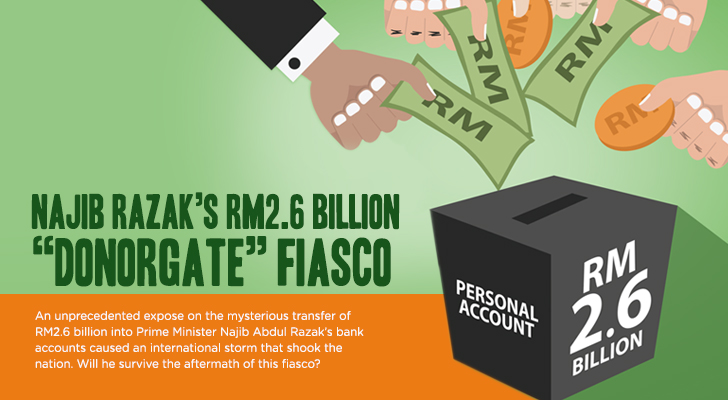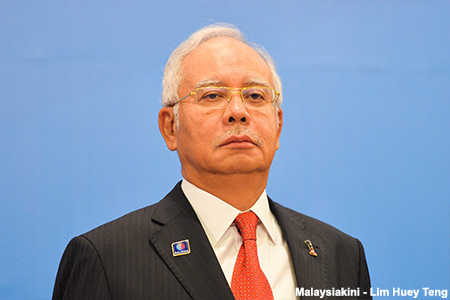by Thomas Erdbrink
New York Times
Jan 4, 2016
TEHRAN — When a Saudi state executioner beheaded the prominent Shiite dissident Sheikh Nimr al-Nimr on Saturday, the Shiite theocracy in Iran took it as a deliberate provocation by its regional rival and dusted off its favored playbook, unleashing hard-liner anger on the streets.
Within hours of the execution, nationalist Iranian websites were calling for demonstrations in front of the Saudi mission in Tehran and its consulate in the eastern Iranian city of Mashhad.
The police, outmanned, looked the other way as angry protesters set the embassy ablaze with firebombs, climbed the fences and vandalized parts of the building.
Now, Iranian leaders are suddenly forced to reckon with whether they played into the Saudis’ hands, finding themselves mired in a new crisis at a time they had been hoping to emerge from international sanctions as an accepted global player. Iran might have capitalized on global outrage at the executions by Saudi Arabia, but instead finds itself once again characterized by adversaries as a provocateur in the region and abroad. Continue reading “Iran, Emerging From Sanctions, Faces More Isolation After Embassy Attack”


 In 2015, “donations” took on new dimensions in the Malaysian lexicon. There are still more questions than answers about the RM2.6 billion transfer – purportedly from a mysterious Arab donor – directly to Prime Minister Najib Abdul Razak.
In 2015, “donations” took on new dimensions in the Malaysian lexicon. There are still more questions than answers about the RM2.6 billion transfer – purportedly from a mysterious Arab donor – directly to Prime Minister Najib Abdul Razak.